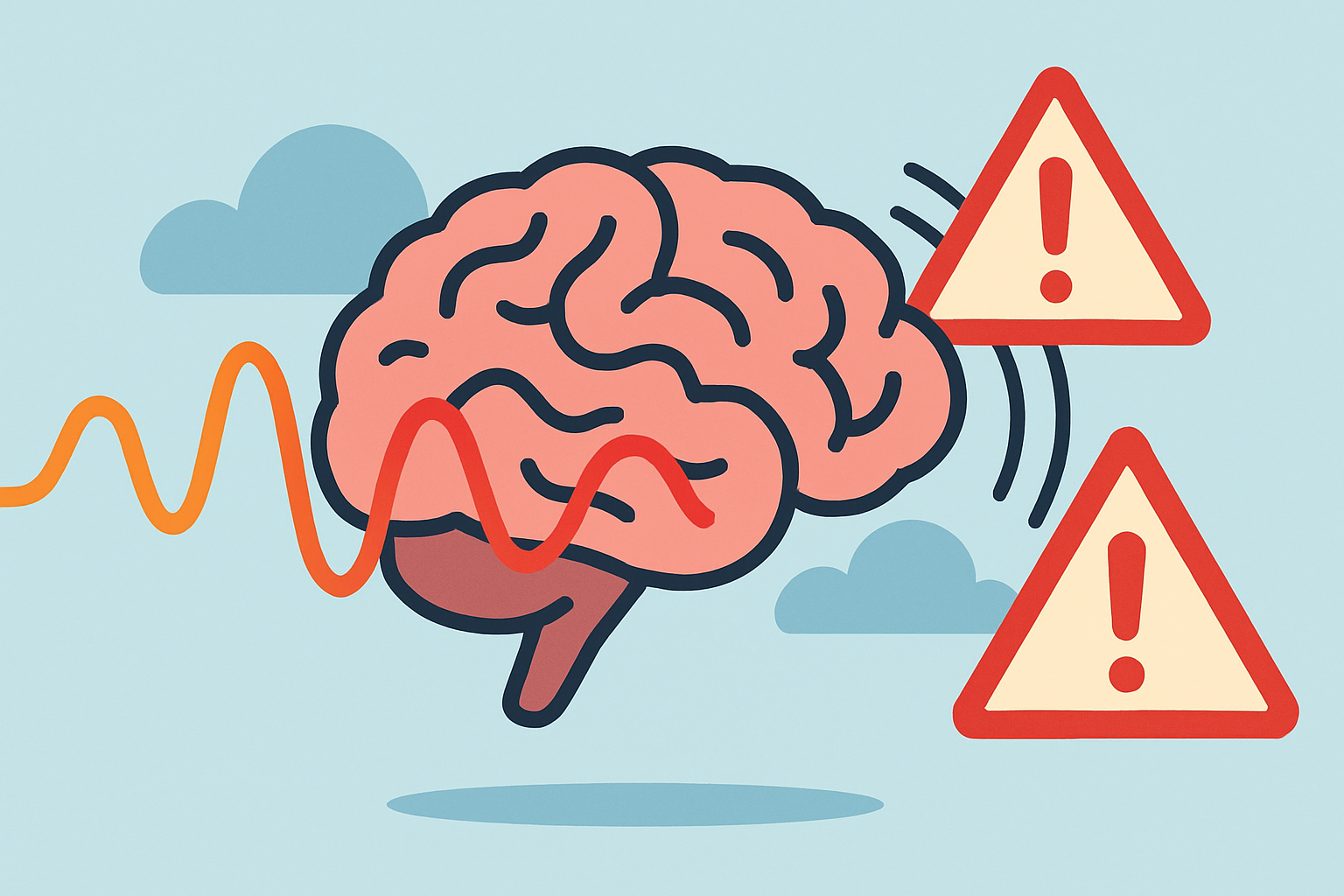Life Is Scary but These Thoughts Help You Move Forward

Life can sometimes feel like a wild rollercoaster—overwhelming and downright scary—mainly because it throws so many unknowns and curveballs that push us way out of our cozy comfort zones. Feeling this way is totally natural and honestly, it’s something we all go through.
Why Life Can Feel Scary and What’s Really Going On
Fear is wired into the human brain as a trusty survival tool that helps us sniff out potential dangers. This natural reaction kicks in to get us ready to defend ourselves when push comes to shove.
- Not knowing what the future holds tends to stir up a fair bit of anxiety—after all most of us crave predictability in our lives.
- Fear of failure can sometimes feel like a heavy weight on the chest especially when we tie our self-worth tightly to what we achieve.
- Plenty of people steer clear of vulnerability and meaningful connections simply because the thought of rejection makes their skin crawl.
- Coming face to face with our own mortality often brings a jolt and a sharp reminder of just how delicate life really is.
- The pressure to live up to expectations from society or family or our own high standards can pile on the stress in a way that’s hard to shake off.
- Life’s curveballs like changing careers or coping with loss tend to throw our sense of stability out the window and crank up the fear dial.
Some fears are like trusty alarms warning us when genuine danger is lurking nearby while others can be downright irrational and hold us back from growing.
Understanding the Psychological Effects of Feeling Like Life Can Be Scary
Chronic fear and anxiety can take a toll on your mental and physical well-being. That constant worry drains your motivation, muddles your decision-making, and squeezes the life out of social and work relationships.
- Physical problems like headaches, trouble sleeping and digestive issues often sneak up and worsen the longer anxiety sticks around.
- Steering clear of certain situations can chip away at opportunities and reduce overall life satisfaction.
- That fear of taking risks puts the brakes on personal growth and creativity even when we’re itching to move forward.
- When negative thoughts keep running in circles they deepen the heavy feeling of hopelessness.
- Pulling back from social connections might feel like a safe bet but usually cuts off support and increases loneliness.

Visual representation of how fear and anxiety affect brain functions and emotions.
Reflections That Gently Nudge You to Keep Going Even When Fear Is Tagging Along
When you shift the way you look at fear, it can flip from being a roadblock to actually giving you a little nudge forward. By practicing empowering self-talk, you find yourself paying less attention to what scares you and more to what’s within your control
Uncertainty is just a part of life—unavoidable and often a little exciting because it sparks curiosity and can reveal opportunities you did not even know existed.
Focus your energy on what’s actually within your reach rather than wasting time on things beyond your control.
See failures as valuable lessons instead of dead ends. They help build resilience and make you stronger over time.
Life is always changing and never permanent. Keeping this in mind can help you loosen your grip on fear.
When fear appears, be kind to yourself rather than harshly criticizing—you’re not alone in having those moments.
Draw strength from the mountains you’ve already climbed and trust that your inner grit and past victories quietly boost your confidence.
Viewing failure as a stepping stone can nudge you to give new things a shot rather than getting frozen in fear. Similarly, cutting yourself some slack quiets that harsh inner critic and creates room for courage to grow—fueled by kindness instead of judgement.
“Fear is a perfectly normal part of life, but it doesn’t have to steer your ship. Courage, in my experience, begins with simply spotting that fear and making the choice to move forward anyway, even when it feels a bit scary.” – Brené Brown
Practical Ways to Build These Empowering Thoughts That Actually Stick
You might find it helpful to weave in daily habits like journaling to dig into your fears. Mindfulness exercises can gently ease anxiety and affirmations quietly boost your confidence.
- Kick off each day by scribbling a quick journal entry about what’s on your mind and some ways you might tackle those challenges a bit more smoothly.
- Give breathing exercises like box breathing a whirl to help settle that immediate wave of anxiety.
- Zero in on small, doable goals that slowly but surely boost your confidence and keep you moving forward.
- Reach out to trusted friends or support groups—sometimes a fresh perspective and a bit of encouragement can work wonders.
- Practice cognitive reframing by catching negative thoughts as they pop up and gently steering them toward more balanced, positive viewpoints.
Building consistency can often feel like an uphill battle and let’s be honest you’re bound to hit some resistance or feel a little down now and then. That’s why it really pays off to celebrate even the smallest wins and cut yourself some slack when things don’t quite go as planned.
When It’s Actually a Smart Move to Call in the Pros
Fear and anxiety are totally normal feelings—we all get them from time to time—but they can really throw a wrench in your daily routine when they start to take over.
- Struggling with relentless anxiety that really throws a wrench into everyday life.
- Battling overwhelming fear that makes even the simplest tasks feel like climbing a mountain.
- Enduring panic attacks that strike out of the blue, leaving you breathless and rattled.
- Showing signs of depression alongside all that anxiety, adding an extra layer of heaviness.
- Wrestling with thoughts of self-harm or suicide that absolutely require immediate care and support.
When life is scary, therapies like cognitive-behavioral therapy (CBT) can be real game-changers by helping individuals tackle those pesky irrational fears and gradually build healthier and more balanced ways of thinking. Alongside this, mindfulness-based therapy and medication often come into play.





